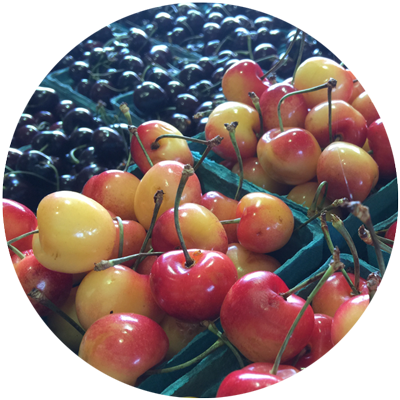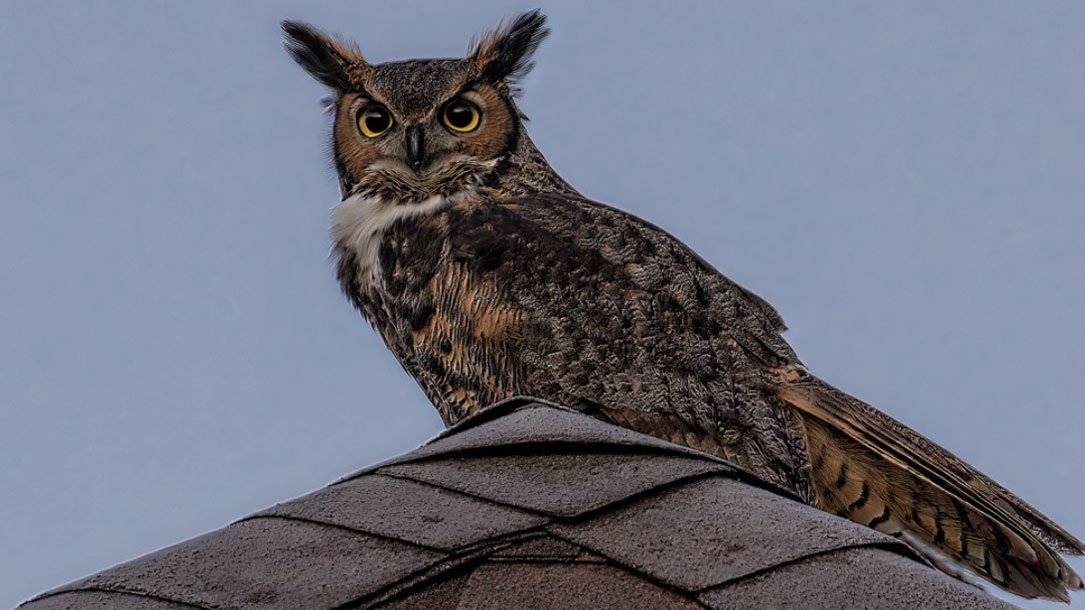
Reflections from Judy, March 2024
I’ve been thinking about you, our collective efforts to slow down climate change, and the challenge of dealing with unexpected changes.
Last year was one of the hardest of my life; I lost six people who were very close to me, including someone I had worked with when I was the executive director of a land trust.
None of these deaths were expected; all felt like they were a shock with little, or no, advance warning. As a result, I found I needed to pull back and focus on the day-to-day as I tried to grapple with sorrow. Added to that was a bout with Covid and another three-week virus that left me humbled.
The silver lining is that I’m now a more compassionate and empathic person. I understand grief, including climate grief, more deeply and the need to make this world and our communities more welcoming and supportive.
Since last May, I have planned to send you this climate eNews each month. Each month, it has become more evident that we need to sharpen our focus on slowing down climate change. This month, I am reactivating my climate eNews to support, and inspire, you and others to think outside the box, reflect on the facts and science, and find time to join me as we take meaningful action to bring comfort, support, and compassion to our climate work… while there is still time.
Thank you for caring and for being committed to learning and adapting to the change we need. I offer the following articles to share with others, inspire action, and rethink assumptions.
Best,

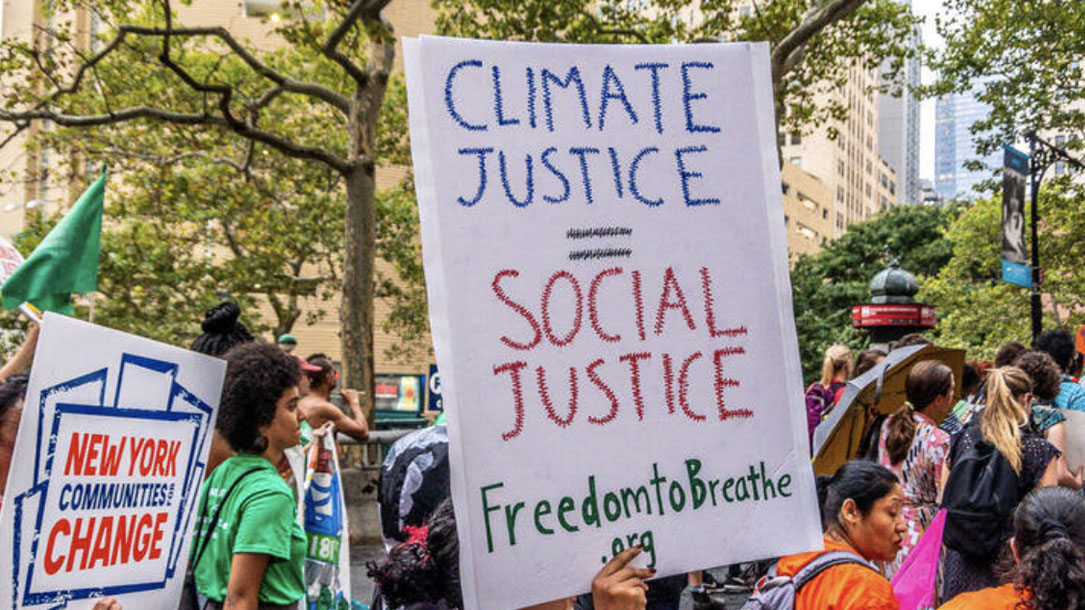
Reflections for land trusts, June 2023
Have you been reading about climate anxiety?
Perhaps you are grappling with it yourself.
Part of the challenge we all face is that when you understand the magnitude of what’s happening, and the needed pace to make the changes to slow it down in a meaningful way, it can feel hopeless.
Yet we need hope — wise hope. Hope that is rooted in strategic, timely, and thoughtful action. Hope that is based on a collective response to a large-scale challenge; hope on a local level that is relevant to people.
Land and water conservation are in the business of hope (and hopefulness); looking to a future that extends well beyond our own lives and rests on the commitment of others.
Having wise hope means taking appropriate action. Or, as Greta Thunberg famously said, “We need action, not hope, on fighting climate change.” If you’d like to watch her talk again, you’ll see that her wisdom and insights are as powerful and relevant today as they were when she spoke those words.
The land trusts below are examples of conservation groups working to provide hope and action. They know, as you do, that authentic change starts at the local level and works to inspire accelerated change in the regional, state, and national realms.
I’m thankful land trusts are standing up, thinking outside the box, and taking action. I appreciate that you are too.
Best,

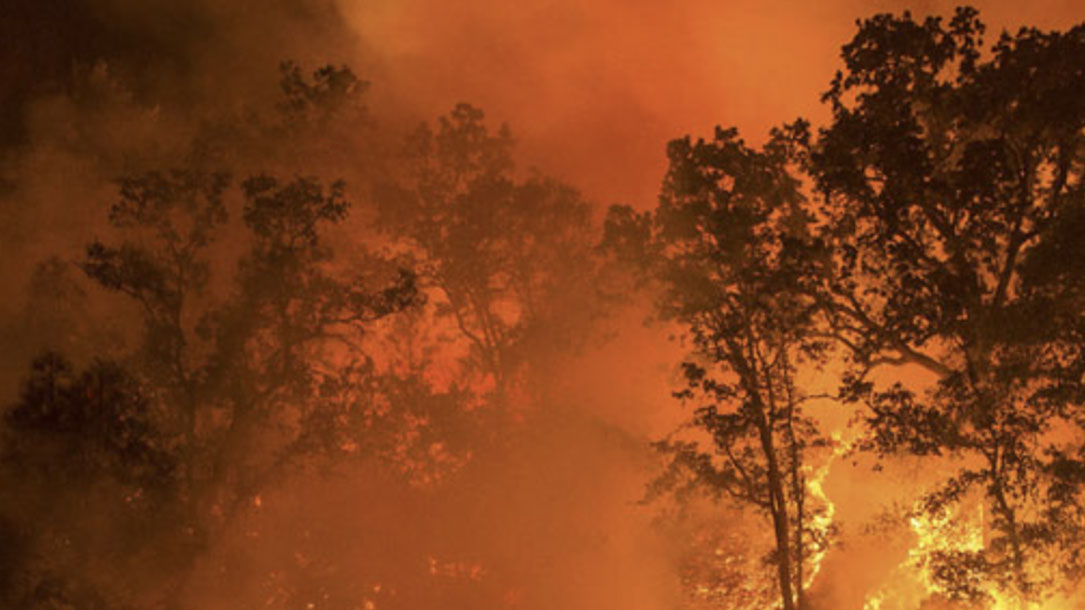
Reflections from Judy, June 2023
I’ve been thinking about climate change a lot these days.
Last week, the wildfires in Canada continued to rage, with smoke penetrating the northeast to the point of unprecedented unhealthy air.
When we took our dog out for walks, he was nervous. He followed me around the house all day long. I, too, felt it in my chest.
The sun glowed red during the day, the sunsets and sunrises were like looking through a fog. I watched my social media feed to see how people were reacting.
Most of the people in my sphere commented on the smoke. Few of them connected the dots to climate change or what we can do about it.
You and I can help people understand what the climate drivers are, and the climate solutions, so that they don’t give up. We can help clarify that while nature-based, and agricultural-based, solutions are important, they, too, need us to collectively move away from fossil fuels if they are going to survive, let alone thrive.
Those fires in Canada, and of course within our own country, remind us that “keeping it the same” isn’t working.
Thankfully, there is good news. People are concerned. They want to take action. We can help inspire them in a way that provides both hope, and practical solutions, to slow down climate change.
Best,

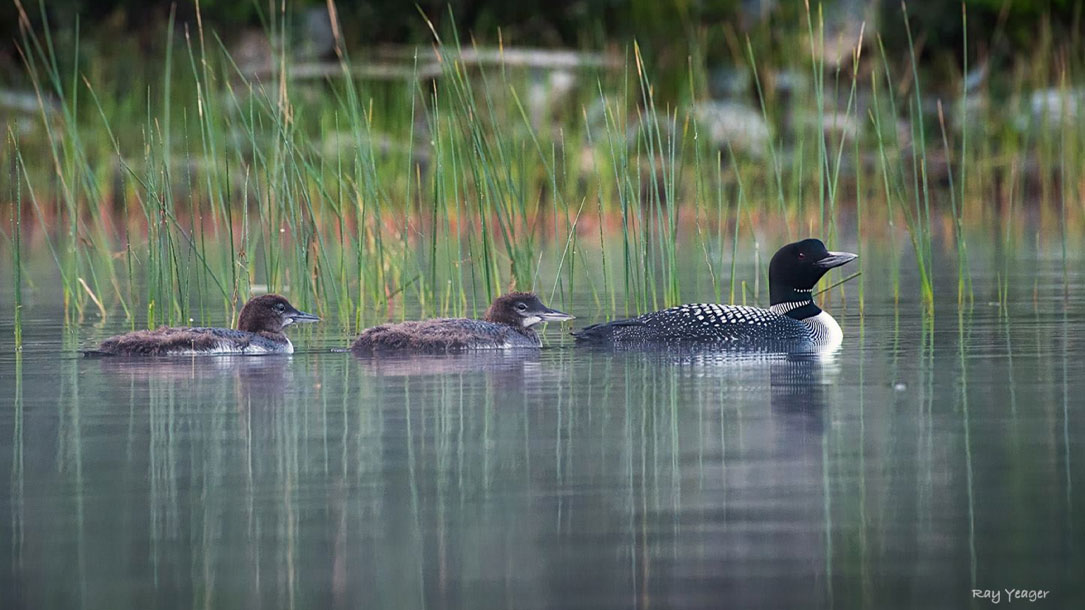
Reflections from Judy, May 2023
I’ve been noticing something interesting happening around the topic of climate change.
People are starting to talk about it more, at least in the land conservation community. Granted, many focus on natural climate solutions because it’s what they’re most familiar with.
But the realization is sinking in that if we don’t slow down climate change soon, the nature and farms we are working to conserve are at risk. This calls for innovation and rethinking what needs to happen to save the places we love.
It’s also why climate action needs to be focused on what people can relate to in an authentic way — with solutions they can trust, and to which they can relate.
You might appreciate the report, Climate Change in the American Mind: Politics & Policy, from December 2022. You also may want to check out Dr. Katharine Hayhoe’s video (below) about how to talk climate in a “red” state.
Perhaps most importantly, we need to help people connect the dots between how climate change is impacting them — and the meaningful and creative solutions we already have to slow it down.
I selected the articles below because I think they shake up some standard assumptions and might provide you with a place to start a discussion on the changes that need to happen, at scale.
Thanks for caring. Thanks for taking action.
Best,

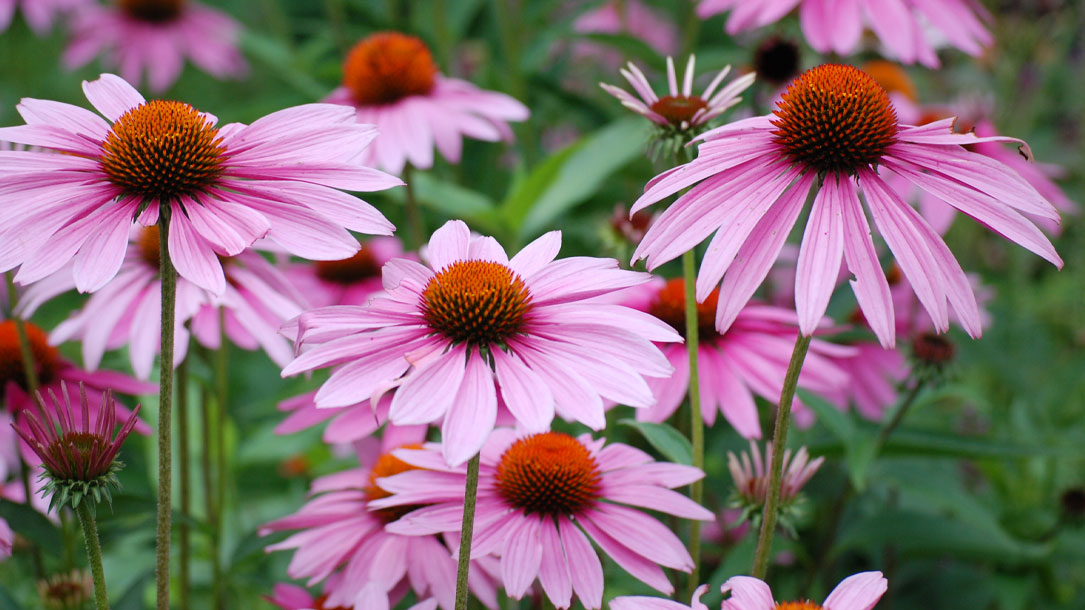
Reflections for land trusts, May 2023
I thought you might appreciate a bit of inspiration coming from land trusts across the country.
As climate change continues to accelerate, so too are land trusts and their efforts to slow it down.
Sometimes this means raising the issues, sharing solutions, and communicating about how the community at-large can help.
Other times, it means taking direct action by conserving and managing lands, with climate change in mind.
And perhaps most inspiring are the land trusts who are working to change the way they tackle climate change. These land trusts are willing to shake things up, rethink what it means to conserve land for generations, reimagine climate action, reassess how they can inspire others, and challenge their assumptions about land management and renewables given the pace of climate action needed.
These are the community leaders who are inspiring change. They are showing, by doing, that land trusts can address climate change holistically, and authentically, while being respectful of how they bring their community along in this journey.
Best,

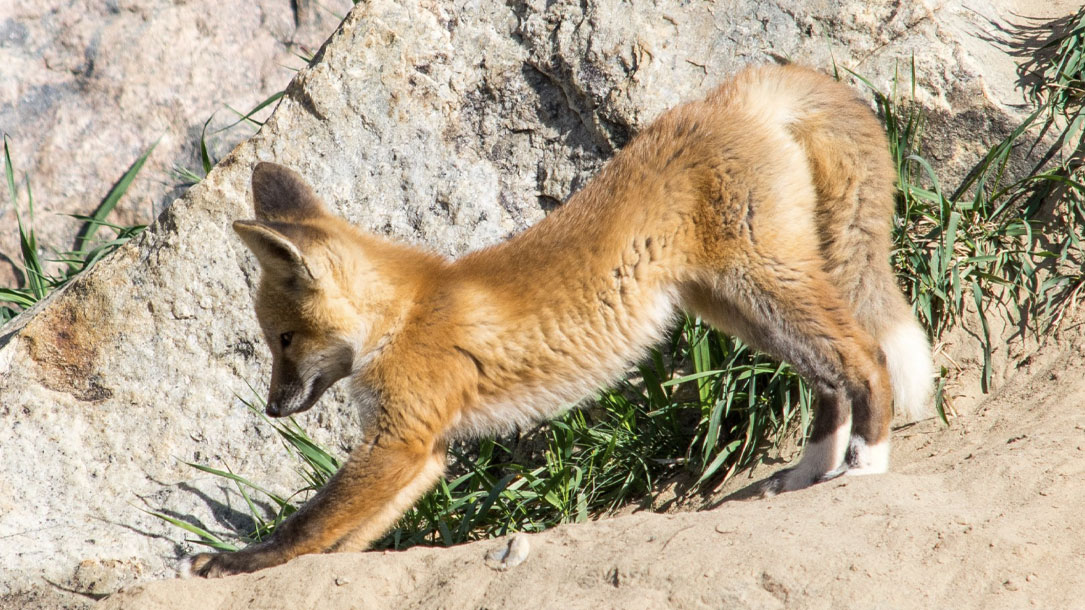
Reflections from Judy, April 2023
I’ve been having conversations with folks lately about the state of the country and the world. They aren’t easy discussions. In fact, I often find myself relaying the fact that for me, reading about climate change is less stressful than reading about the uptick in hate, racism, discrimination, and poverty.
People are surprised.
Yet to me, we know how to address climate change. The science is clear. We have the solutions. It’s less costly to take action now than to wait. The American public sees it — and feels it.
That’s not true for many of the other challenges we face as communities and as a country.
Reading about the challenges of climate change helps me envision what we need to do — how we need to scale up our actions and think holistically. It’s an opportunity to ensure that people who often feel left out, undervalued, or disrespected, can feel like they are a significant part of the solution. Assuming that we treat them that way.
You’ll find the articles below provide you with opportunities to share insights both to the challenges and the solutions. We face an urgent situation. There is good news.
We face a unique opportunity through the Inflation Reduction Act, state and community momentum, and a collective desire to conserve the places important for generations to come to slow down climate change in a variety of ways.
Clean water, healthy soils, local food, and places to go and relax. Access to special places for our health and well-being. Economic vitality. Lands critical to wildlife who face the climate disaster at no fault of their own. This is what we are working to protect and address.
We are working together to offer solutions, hope, and action. To do so, we are continually learning, adjusting our approaches, and accelerating the pace of the needed change.
We’ve moved beyond thinking in siloes and instead are focusing on the collective impact of action… and inaction.
Which is why I continue to offer this eNewsletter. My hope is that you find an article, webinar, and/or example that resonates — and share it with others.
Thanks for caring. Thanks for taking action.
Best,


Reflections for land trusts, April 2023
I’m hoping that you and your community are okay given another spat of extreme weather across the country.
I’ve been thinking about how we continue to help provide climate solutions at a time when folks are fatigued from Covid, other illnesses, economic stress, and erratic (and often severe) weather.
There is a tendency to let our guard down, to succumb to the status quo, and take the path of least resistance. Some might call that “throwing in the towel.” Others could say it’s just a response to being tired.
The challenge is that our voices are needed more than ever.
We need to be honest about the proposed solutions and how they stack up to the pending climate challenges. We need to provide hope — tangible ways people can make changes to slow down climate change and ensure that policies at the local, regional, state, and national levels will move at a pace, and scope, to significantly halt ongoing climate change acceleration.
As a trusted community voice, land trusts can talk (and many are already talking) about climate challenges and how they impact the lands, waters, and communities they serve.
Some are more transparent than others. By conveying how nature-based solutions are both critical and also dependent on slowing down fossil fuel consumption, we build practical action and trust. Without that dual approach to messaging, nature-based climate solutions won’t be able to thrive due to the climate stress they, too, are facing.
As part of the work to provide hope, we also have to provide vision — vision based upon climate science, innovation, changing understanding related to opportunities, community needs, and the reality that nature needs renewables, more than ever, to survive.
The challenge, as you know, is that renewables need to be designed and installed in ways that work with the land, rather than against it — even at “scale.” That’s possible, especially with the Inflation Reduction Act. We just have to make sure we collectively demand it.
Best,

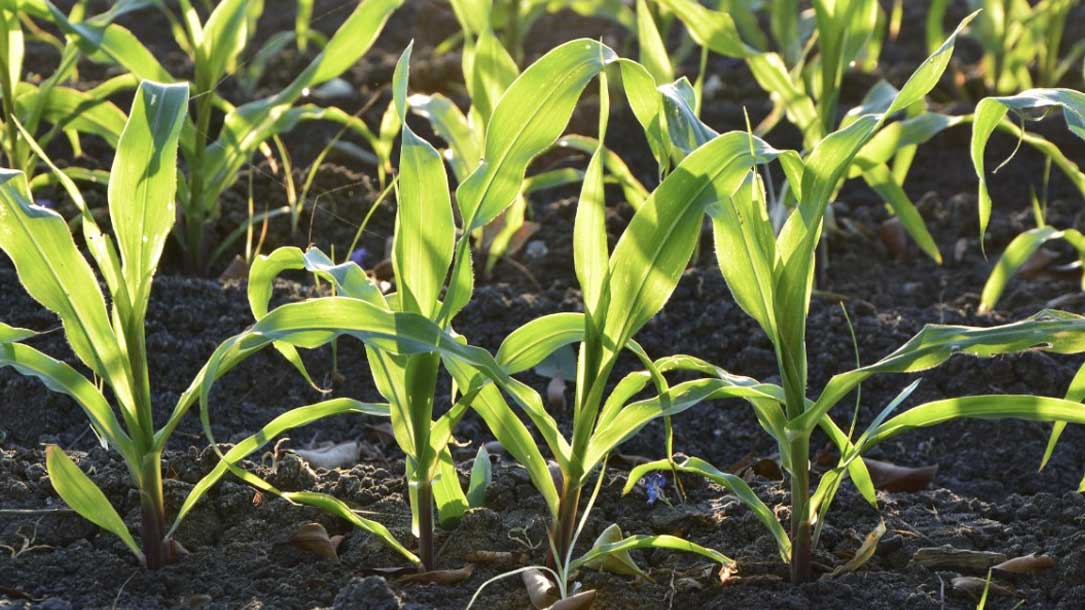
Reflections from Judy, March 2023
Have you found that sometimes there’s a disconnect between what we say we want to do around climate change and the actions we are taking?
Exactly.
Which is why this month’s articles help provide solution-based approaches to climate change while addressing some of the inconsistencies.
I think you’ll appreciate Dr. Katharine Hayhoe’s short video (below) on why a few degrees of overall climate temperature change is a big deal — and it might allow you to explain it to others in terms that resonate. I find it useful to share with others, too.
Also, check out the recently announced funding to support agriculture as part of the climate solution.
That’s good news, as many farmers and ranchers want to be part of the solution, and this funding will support them in that transition.
Then there’s the webinar below on innovative agrivoltaics (solar and farming). I’ve signed up, and I hope you will too. If all goes well, they will explain how solar can work with farming to make it more viable, enhance soil health, and manage climate stress.
Talking about this sort of thing (Farmer First Solar) can feel awkward if you haven’t seen it. But it’s real. Sometimes it’s easier to forget to mention that farms, forests, and the lands and waters we love depend on a thoughtful transition away from fossil fuels. But if we don’t talk about it — and demand it — that’s kind of like false advertising, and ultimately, land and water conservation efforts won’t succeed.
Which is why I appreciate you, and why I send out this eNews. Together, we can create the change that needs to happen. Thanks for caring.
Best,

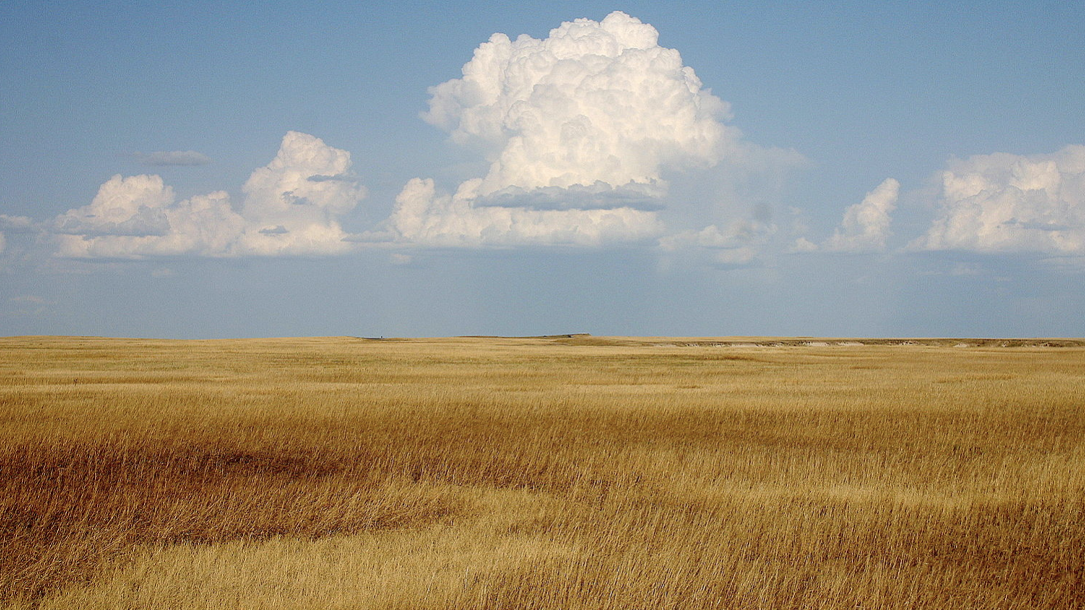
Reflections for land trusts, March 2023
I’m wondering if you’ve been talking with family and friends about nature-based climate solutions. Many folks are unaware that nature-based solutions — the farms and ranches; prairies and grasslands; woodlands and forests; and our streams, wetlands, and waterways — can, and often do, play a critical role in slowing down climate change.
A study by The Nature Conservancy and others is often cited as evidence that nature-based climate solutions could slow down climate change by as much as 37% worldwide. That’s assuming we transition off fossil fuels in a significant way within the next 10 years, so as to avoid overly stressing the plants and landscapes that are at the heart of natural climate solutions.
It’s a relationship in which we need nature and farms/ranches — and they needs us — to slow down climate change before it reaches a tipping point.
The good news is there’s going to be significant funding for nature-based climate solutions (that includes farm and ranchlands) and renewable energy.
As land trusts help to lead the way in nature-based climate solutions they are also beginning to provide examples of renewable energy solutions that work with the land, rather than against it.
Solar is a great example. It can boost farm and ranch viability and increase soil health, water management, and economic stability for farmers through designs that allow the land to be actively used for crops, grazing, large animals, and orchards.
Yet timing remains an issue.
Many folks aren’t aware that there is a carbon “budget.” Once we hit that level of climate pollution it will be difficult to scale it back in a manner that will avoid large-scale devastation to many of the plants, animals, farms, ranches — and our communities — as we know them. At the current rate of emissions, this budget would be exceeded in just nine years.
It’s up to us to let people know what the carbon budget is and that we can make a difference together — with personal and policy actions tapping into the technology, research, and know-how we have now.
Best,

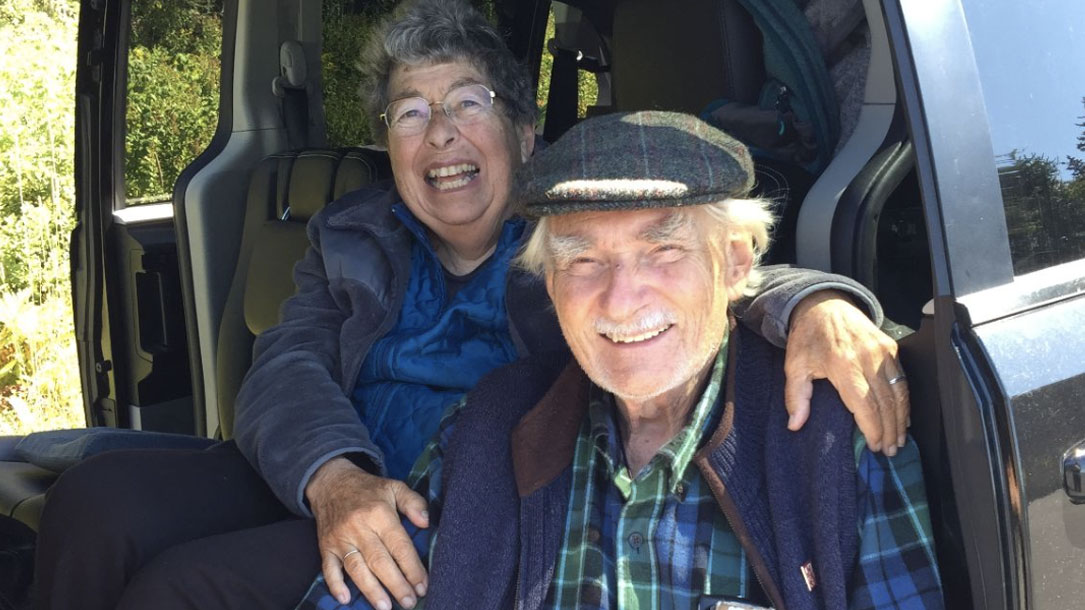
Reflections from Judy, February 2023
There’s some good news related to nature-based climate solutions as well as research that makes it clear that we need to invest in renewables for nature-based solutions to live up to their full potential.
By nature-based climate solutions, I mean farms and ranches, prairies and grasslands, forests and woodlands, waters, marshlands, wetlands…and urban trees. Soil health is often talked about as an important part of the climate solution — or part of the climate problem.
Below you’ll find a variety of articles including “alley farming”, solar and agriculture, and the importance of urban trees.
You may be interested in a new study regarding how biodiversity can safeguard birds in a changing climate.
But if you only have time for ONE THING, I recommend you watch the short talk by Frank Luntz about words to use or lose when talking about climate change. He’s a GOP communication specialist who is now credited with refining how climate framing can connect with more people. He’ll tell you more about his past when you watch the video.
I’ll be interested in your thoughts. Thanks for caring.
Best,




